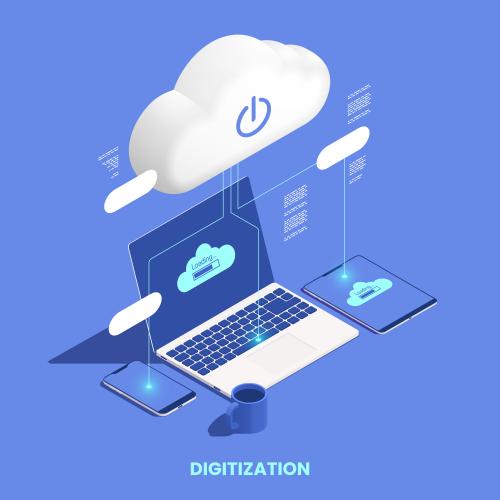Digital Forensics Investigation – A growing Career field for you

In the field of
cyber-security, digital forensics is crucial. Due to the number of cyber-attacks,
any organization must have digital forensics as part of its cyber-security
strategies. Analysts who work with computer forensics aid in the prosecution of
fraud and hacking accidents. In certain cases, they seek to retrieve evidence
that has been obscured, encrypted, or erased from the event. They also protect
data privacy by following a chain of custody that guarantees its admissibility
in court. Additional and related responsibilities include providing expert
advice to law enforcement and judges about the authenticity of their digital
proof. They can lead or engage in interviews with suspects or victims in some
cases. Digital forensics experts also assist with the preparation of evidence
for court trials.
Similarly,
digital forensics and other information security-related fields are expected to
expand rapidly over the next decade. This would be supplemented by several
career opportunities for those interested in working in some of the relevant
fields.
Why business world need a digital forensics expert
In the business
world, digital forensics is used to figure out the "who, when, where, and
why" of breaches in order to figure out how to respond to the breach and
prosecute the perpetrator. anti-forensic techniques are used by the forensic
security scientist to determine where the network was traversed, what the the attacker did on the network (i.e., whether they planted ransomware or stole
confidential data), and how the intruder obtained access to the computer device
or network. Depending on the type of cyber-attack they are dealing with,
forensics data analysts use a variety of specialized Digital forensic tools during
CHFI operations. They collect data from the intruder's mobile phone, email, zip
and flash drives, CDs, and other storage media, including images, notes, and
texts.
Both public and
private inquiries will benefit from digital forensics. The information
collected is often used as a kind of intelligence assemblage for purposes other
than criminal trials. The data collected, for example, will be used to track
down, locate, and prevent any computer-related offenses.
How to be a computer forensic professional?
A bachelor's
degree in criminal justice or a related field, such as computer science, is
usually required of computer forensic investigators. Any computer forensics
practitioners start their careers in similar fields including law enforcement
and then completes a computer forensics training program and earn technical
certification. Digital forensics professionals traditionally come from a more
general computer science perspective and were often seasoned who was also
familiar with many of the common techniques used in digital forensics. However,
as the industry becomes more specialized, a few colleges are also offering Digital forensics
training and certification. If you don’t have a
special degree in this field, then by completing training or
certification, you may start working in this aspiring sector.
Computer forensics roles
Computer
forensics roles come in a range of shapes and sizes, as well as names and
duties. Furthermore, data forensics pay varies based on the specialty of
which they serve. Presently associated job titles, wages, anticipated job
development, and additional data about each relevant computer forensics job
description are listed below.
Information
security analysts- Plan and implement compliance policies to safeguard a
company's data networks and systems.
Analysts in
Computer Systems- Data technology analysts research and develop solutions to
ensure an organization's computer processes and operations run more smoothly
and successfully.
Analyst for
Malware -Cyber attacks are detected, analyzed, and recorded. Programming
languages and data recovery techniques are needed.
Apart from that
there are several post and positions like IT auditor, security consultant
and many more. If you want to start your career in this field, there are
various of national and international institutions, from where you may possess
certification, degree, or training.





Comments